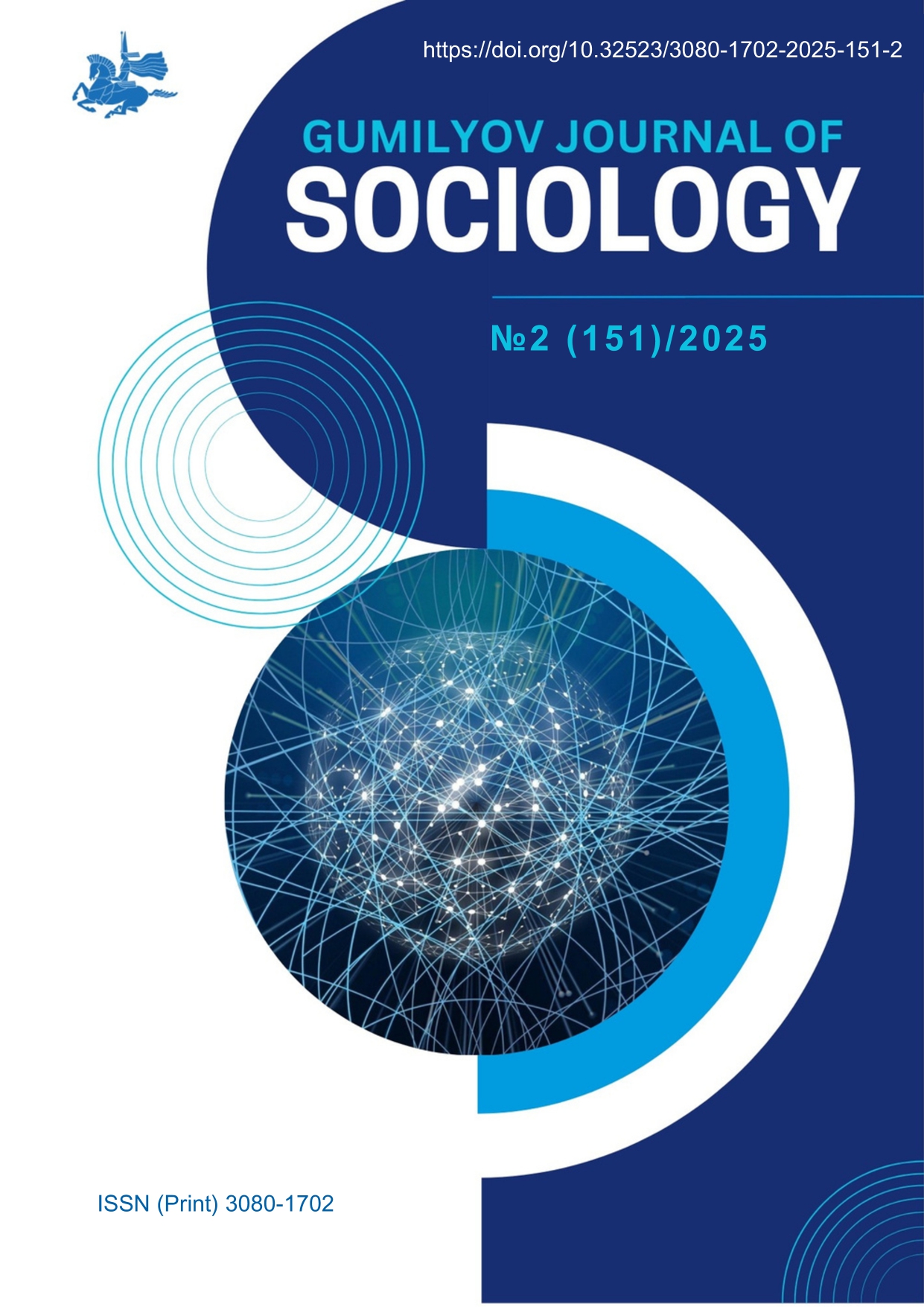Social status of professions in Kazakhstan: the role of corporate social responsibility and investment policy
DOI:
https://doi.org/10.32523/3080-1702-2025-151-2-158-172Keywords:
Corporate Social Responsibility, Investment Policy, labor market, Human Capital Development, Sustainable DevelopmentAbstract
In modern Kazakhstani society, the social status of occupations is determined not only by wage levels but also by public recognition, career growth prospects, and the degree of business involvement in developing the nation’s human capital. Corporate social responsibility (CSR) and investment policy play a crucial role in shaping public opinion about the prestige of different professions. This article explores how CSR and investment policies influence the social status of professions in Kazakhstan. While existing studies have addressed CSR from an ethical or economic perspective, its sociological effects, particularly on professional prestige, remain understudied. The study employs a qualitative case study design, focusing on Tengizchevroil LLP (TCO), one of the country’s largest foreign investors. Drawing on TCO’s 2023 Corporate Responsibility Report and related public documents, the analysis demonstrates how targeted investments in human capital, education, and local infrastructure contribute to enhancing the public image of various occupational groups. The findings indicate that CSR and investment strategies not only improve material conditions but also act as cultural and symbolic drivers of occupational valorization. The article contributes to broader debates on sustainable development, labor market transformation, and the role of business in shaping social hierarchies in post-Soviet contexts.








